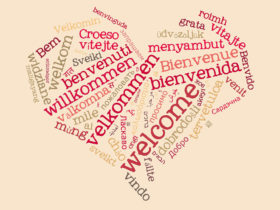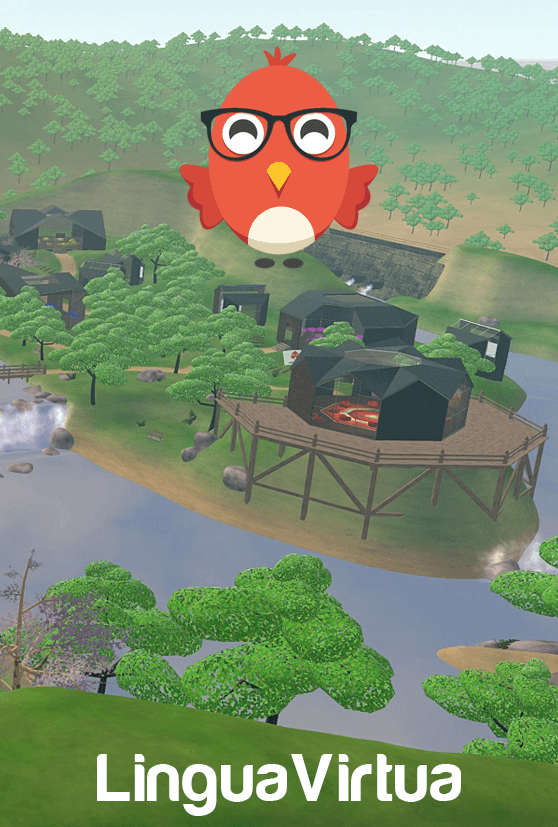Everyone grows up with a native language, which can also be referred to as your mother tongue. However, it’s a whole other story when your native land has not just one dialect, but two or more. That’s something normal for multicultural families, or those living in areas of the world where there is a hodgepodge of different languages, such as Asia.
Growing up as an Asian, our country, the Philippines, has more than 175 languages and dialects. Depending on which region you live in, I myself know about 4 dialects and 2 foreign languages—something that’s considered perfectly normal for us, being multilingual or a polyglot.
So what is it like growing up multilingual? Here are 3 reasons why being a polyglot can be awesome, and why it’s a great idea to take on a third (or fourth, or even a fifth) tongue:
1. It can help you easily adapt to different environments
When you’re raised multilingual, it’s fairly easier for you to adapt and acclimate to new environments. Travelling is easier because language barriers are kept to a minimum. This makes it easier for you to learn a third tongue as well, especially if you decide to live overseas and immerse yourself in a foreign language.
2. It can help you learn another new language much easier
Being multilingual also means that you’ve become attuned to differences in tones, rhythms, and grammatical structures of various languages. Young minds are very pliable when it comes to learning, and language acquisition is something that comes easier if you start learning very early on.
As you grow up, your learning curve might get steeper and learning might become a challenge, but the language-learning experience you acquired as a young child can be very handy when you take on a new language at a later age in life.
3. It can help you network with other people of different cultures
One of the most common reasons people from around the world get together is when they have a common language. When you’re a polyglot, it’s easier for you to communicate with people from different cultures. Your social network gets bigger and you wouldn’t have to worry about communication gaps. This comes in handy when you’re into business and entrepreneurship. That’s why kids of businessmen are taught to be multilingual at a very young age.
Being multilingual isn’t just a skill; it’s a lifetime experience of being in different cultures and being able to communicate with people around the world. However, if you didn’t grow up to be bilingual or multilingual, it doesn’t mean you can’t become a polyglot. There are many ways you can take on a third tongue, and one good way is to join a community like LinguaVirtua—you’re already on the right track! 😉


























Leave a Reply